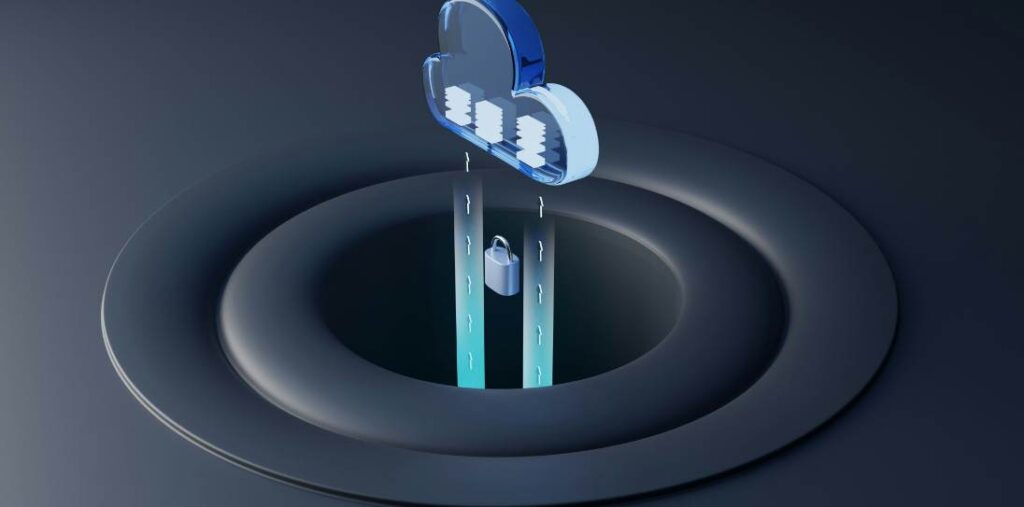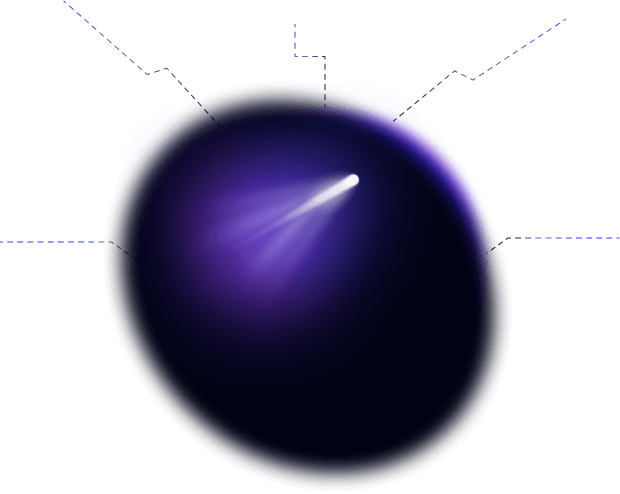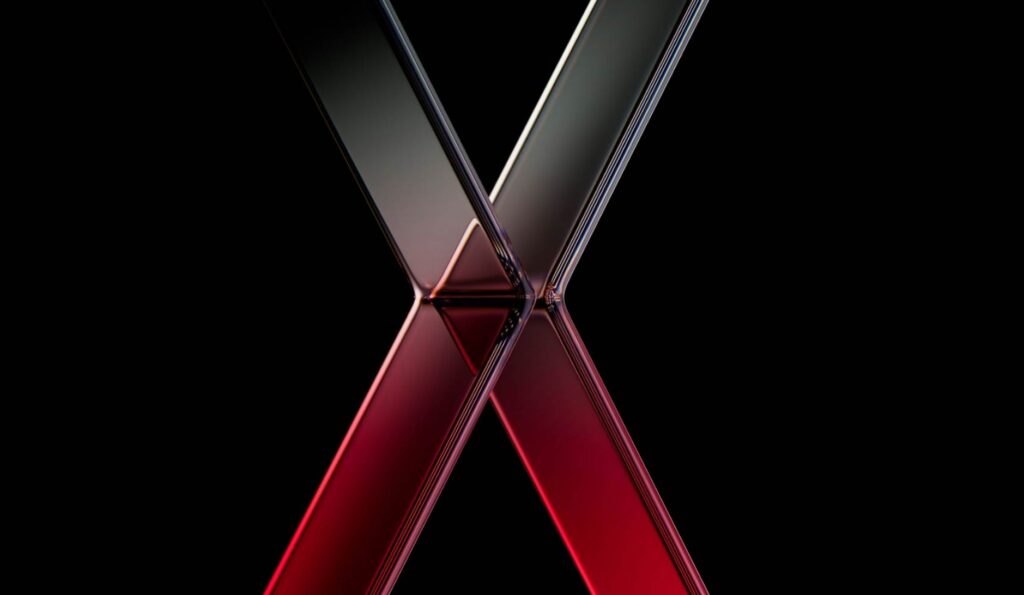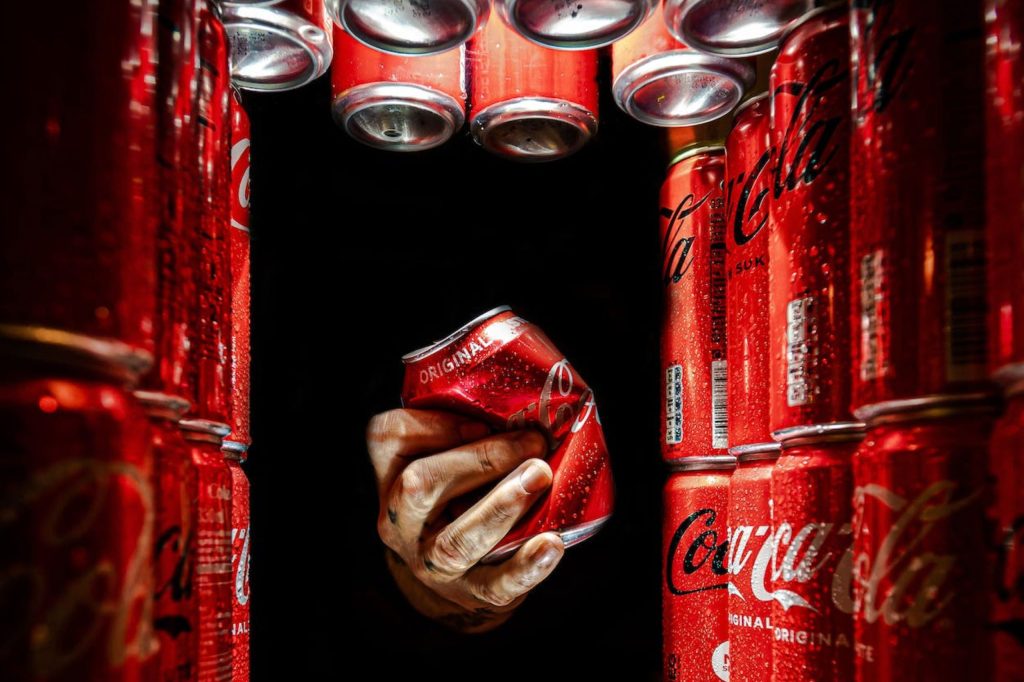As the digital landscape continues to evolve, the demand for efficiency and effectiveness in marketing has never been greater. Enter artificial intelligence (AI). With advancements in AI optimization, marketers can streamline their processes, automate workflows, and improve their marketing strategies. In this article, we will explore the latest trends, solutions, and applications of AI in marketing, focusing on how organizations can leverage AI-powered marketing automation to drive better results.
.
### Understanding AI Optimization
AI optimization refers to the use of artificial intelligence algorithms to improve efficiency, performance, and outcomes of various processes. In the context of marketing, optimization tools help businesses analyze vast amounts of data quickly, enabling them to make informed decisions.
Organizations can deploy AI-driven tools to sift through their data—be it customer demographics, browsing behaviors, or purchase histories. For instance, AI can identify patterns and predict customer behavior, helping marketers to tailor campaigns that resonate with their audience. According to a study by McKinsey, companies that successfully harness AI perform up to 25% better than their competitors in terms of profitability.
.
### The Role of Automated Workflows
In tandem with AI optimization, automated workflows are revolutionizing the way marketing teams operate. Automated workflows involve predefined sequences of tasks that are carried out automatically, reducing the need for manual intervention.
With marketing automation, businesses can integrate various functions such as email marketing, lead scoring, and social media management into a single platform. This not only saves time but also ensures consistency in messaging across different channels.
Research by HubSpot indicates that automated marketing can lead to a 14.5% increase in sales productivity. The ability to streamline mundane tasks allows teams to focus on creative strategies and thoughtful engagement with customers.
.
### Trends in AI-Powered Marketing Automation
The advent of AI-powered marketing automation signifies a paradigm shift in how marketers engage with their customers. Here are some of the defining trends driving this transformation:
1. **Personalization at Scale**: AI algorithms can analyze customer data to create hyper-personalized content, recommendations, and experiences. By leveraging these insights, brands can forge deeper connections with their audience, which ultimately fosters loyalty.
2. **Predictive Analytics**: Marketers can forecast future trends and customer behaviors using predictive analytics powered by AI. This enables businesses to allocate resources more effectively, thus maximizing ROI on marketing campaigns.
3. **Enhanced A/B Testing**: Traditional A/B testing methods can be time-consuming. AI-powered tools can automate this process, running multiple tests simultaneously and optimizing campaigns in real-time based on the results.
4. **Chatbots and Virtual Assistants**: Companies are increasingly integrating AI chatbots into their customer service strategies. These virtual assistants provide immediate responses to customer inquiries, enhancing user experience and driving customer satisfaction.
5. **Integrated Customer Journeys**: AI-driven marketing automation allows brands to create seamless customer journeys across multiple touchpoints. This means that regardless of when or how a customer engages with a brand, their experience remains consistent and personalized.
.
### Solutions to Implement AI-Powered Marketing Automation
For organizations keen on adopting AI-powered marketing automation, several robust solutions are available in the market. Here are some of the leading platforms:
1. **HubSpot**: With its user-friendly interface, HubSpot offers a comprehensive marketing automation tool that integrates CRM functionalities for enhanced customer relationship management.
2. **Marketo**: Owned by Adobe, Marketo provides enterprise-level automation tailored for businesses looking to engage in sophisticated customer interactions. Its AI capabilities allow marketers to score leads and personalize content.
3. **Salesforce Marketing Cloud**: This platform harnesses the power of AI with its Einstein feature, which offers predictive lead scoring, automated email marketing, and content recommendations that cater to customer preferences.
4. **ActiveCampaign**: This tool focuses on email marketing automation but also integrates CRM functionalities and other marketing automation features. Its AI-driven functionalities help in segmenting audiences and personalizing campaigns effectively.
5. **Mailchimp**: Known primarily for email marketing, Mailchimp has developed AI-driven features that optimize campaign performance and customer insights.
.
### Industry Applications of AI-Powered Marketing Automation
AI-powered marketing automation is not just theory; businesses across various industries are successfully implementing these technologies. Here are a few industry applications that illustrate the practicality and effectiveness of these solutions:
1. **E-commerce**: Retail giants, such as Amazon, leverage AI algorithms to recommend products based on user behavior, significantly boosting sales conversions. Automated email sequences inform customers about abandoned carts, special offers, or complementary items.
2. **Banking and Financial Services**: Banks utilize AI-driven marketing automation to send personalized offers based on individual spending patterns. Additionally, AI chatbots are deployed to assist customers in real-time inquiries, contributing to enhanced customer service.
3. **Healthcare**: AI is helping healthcare marketers to drive personalized content marketing strategies, targeting patients with relevant healthcare information. Automated systems manage appointment reminders and follow-up communications, streamlining workflows.
4. **Travel and Hospitality**: Companies like Expedia and Booking.com use AI and automation to personalize travel recommendations based on user searches and previous bookings. Automated emails regarding promotions and itineraries enhance customer engagement.
5. **Real Estate**: Real estate firms can quickly analyze market data and tailor their outreach strategies using AI insights. Automating lead follow-up communications enables agents to nurture leads effectively.
.
### Technical Insights into AI-Powered Marketing Automation
The technical underpinnings of AI-powered marketing automation involve complex algorithms, big data analytics, and machine learning capabilities. Here’s a closer look at how these components work together:
1. **Machine Learning**: Algorithms learn from historical data to predict future outcomes. As more data becomes available, AI systems continue to improve their accuracy, enabling marketers to refine their campaigns based on real-time insights.
2. **Natural Language Processing (NLP)**: NLP allows marketing automation tools to understand and respond to customer queries in a human-like manner. This technology underpins chatbots and provides personalized content suggestions based on user language.
3. **Data Integration**: AI-powered platforms seamlessly integrate data from various sources, ensuring marketers have a unified view of customer behaviors and preferences. This eliminates silos and empowers teams to make informed decisions.
4. **Real-time Analytics**: The ability to process large volumes of data in real-time means marketers can quickly identify trends and adjust campaigns as required. This agility is crucial in today’s fast-paced market environment.
5. **Scalability**: AI-driven marketing solutions can easily scale with business growth. They can handle increased volumes of data and interactions without compromising performance, making them suitable for organizations of all sizes.
.
### Conclusion
The integration of AI optimization and automated workflows into marketing strategies is no longer optional; it is essential. As companies continue to navigate the complexities of the digital age, the ability to leverage AI-powered marketing automation will differentiate industry leaders from laggards.
By harnessing the power of AI, businesses can not only improve efficiency but also elevate the customer experience through enhanced personalization and engagement. As these technologies continue to evolve, organizations that embrace continuous learning and adaptation will undoubtedly thrive in a competitive landscape. The future is bright, and it’s powered by AI.
**Sources:**
1. McKinsey & Company. (2021). “The State of AI in 2021.”
2. HubSpot. (2022). “The Ultimate Guide to Marketing Automation.”
3. Adobe. (2021). “The Marketo Growth Marketing Platform.”
4. Salesforce. (2021). “Einstein: AI for Everyone.”
5. ActiveCampaign. (2022). “How AI Can Help Your Marketing Automation Strategy.”








